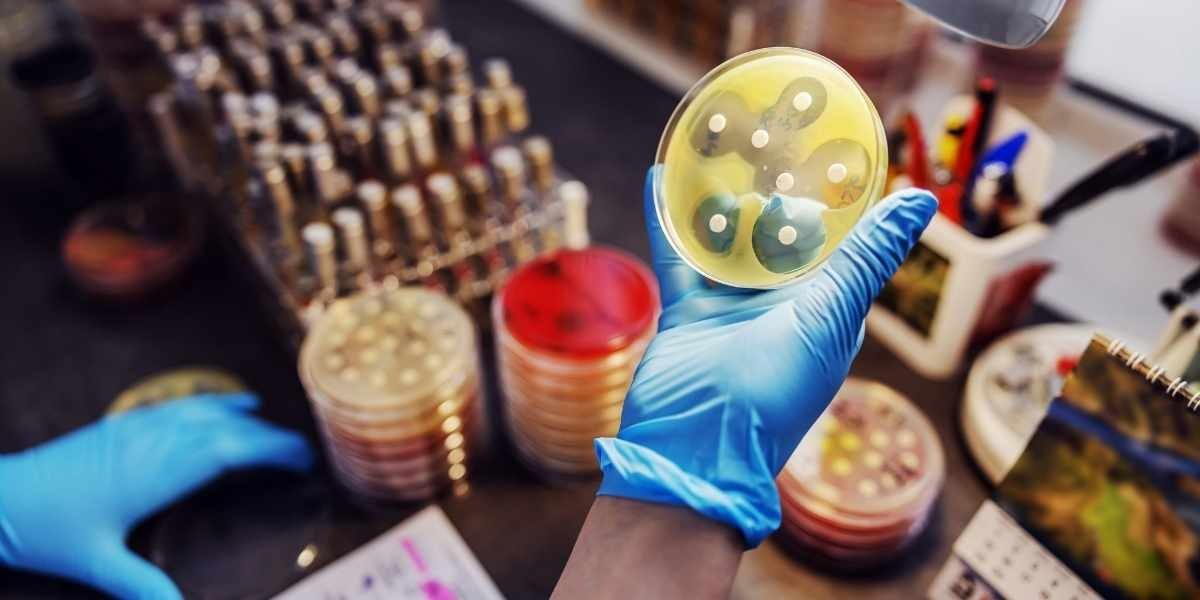How is Nanotechnology Transforming Science and Technology?
Nanotechnology, the science of manipulating matter on an atomic and molecular scale, has revolutionized how materials and devices are designed. This emerging field focuses on structures at the nanoscale, measuring mere billionths of a meter, and is paving the way for advancements once considered the realm of science fiction.
Read Also: Women’s Experiences with Body Image and Beauty Standards
In medicine, nanotechnology has already begun to redefine the delivery and effectiveness of treatments. Nanoscale drug delivery systems can target diseased cells with precision, reducing side effects and enhancing recovery rates. In cancer treatment, nanoparticles are being used to deliver chemotherapy drugs directly to tumors, minimizing damage to surrounding healthy tissues. The potential for nanotechnology to tackle complex diseases is immense, offering hope for more effective therapies in the future.
In the electronics industry, nanotechnology is at the heart of innovation. The demand for smaller, faster, and more efficient devices has driven the development of nanoscale transistors and circuits. These innovations enable the creation of compact devices that perform at unprecedented speeds. Quantum dots, a nanoscale technology, have revolutionized display technology, providing sharper and more vibrant visuals in televisions and smartphones. This transformative field continues to push the boundaries of what electronic devices can achieve.
In materials science, nanotechnology is enabling the creation of supermaterials with exceptional properties. Nanocomposites, for instance, are lightweight yet incredibly strong, making them ideal for use in industries such as aerospace and construction. Additionally, self-cleaning and anti-bacterial surfaces developed through nanoscale engineering are revolutionizing everyday materials, from clothing to kitchen appliances. The versatility of nanotechnology in creating smarter and more efficient materials is shaping the future of manufacturing.
What Role Does Nanotechnology Play in Medicine and Healthcare?
The impact of nanotechnology on medicine is profound, with researchers exploring innovative applications to improve diagnosis and treatment. In diagnostics, nanobiosensors are being developed to detect diseases at an early stage with unprecedented accuracy. These sensors can identify minute changes in a patient’s body, enabling faster interventions and better outcomes.
In drug development, nanotechnology is enhancing how medications interact with the human body. Traditional drugs often struggle to reach specific areas without affecting healthy tissues. Nanocarriers, however, can navigate through the body to deliver drugs directly to their target, significantly improving effectiveness. Gene therapy, another promising area, utilizes nanoscale tools to deliver genetic material, offering solutions to previously untreatable genetic disorders.
Nanotechnology also has the potential to address challenges in global healthcare. Portable diagnostic tools powered by nanosensors can bring advanced medical testing to remote areas. These innovations bridge the gap in healthcare accessibility, empowering underserved populations with life-saving technology. As nanotechnology continues to evolve, its contributions to medicine and healthcare promise to reshape the way we approach human wellness.
Can Nanotechnology Shape the Future of Sustainability?
Nanotechnology is emerging as a crucial tool in building a more sustainable future. In the energy sector, nanoscale innovations are making renewable energy sources more efficient. Solar panels enhanced with nanomaterials can capture sunlight more effectively, increasing energy output and reducing reliance on fossil fuels. Similarly, nanotechnology is improving the performance and longevity of batteries, accelerating the shift toward electric vehicles and sustainable energy storage.
Water purification, a critical issue in many parts of the world, is also benefiting from nanotechnology. Nanofiltration membranes are capable of removing contaminants from water with remarkable efficiency. These membranes offer a cost-effective solution for providing clean drinking water to communities facing scarcity.
In agriculture, nanotechnology is being used to create smart fertilizers and pesticides that minimize environmental harm. These nanoscale solutions ensure that crops receive nutrients efficiently, reducing runoff and waste. By integrating nanotechnology into sustainable practices, industries can lower their ecological impact while improving productivity.
Read Also: Eating Right for Fitness: Simple Tips for Women
The potential of nanotechnology to address environmental challenges lies in its ability to optimize processes at the smallest scale. As research progresses, its applications will continue to expand, offering innovative solutions to some of the world’s most pressing issues.








